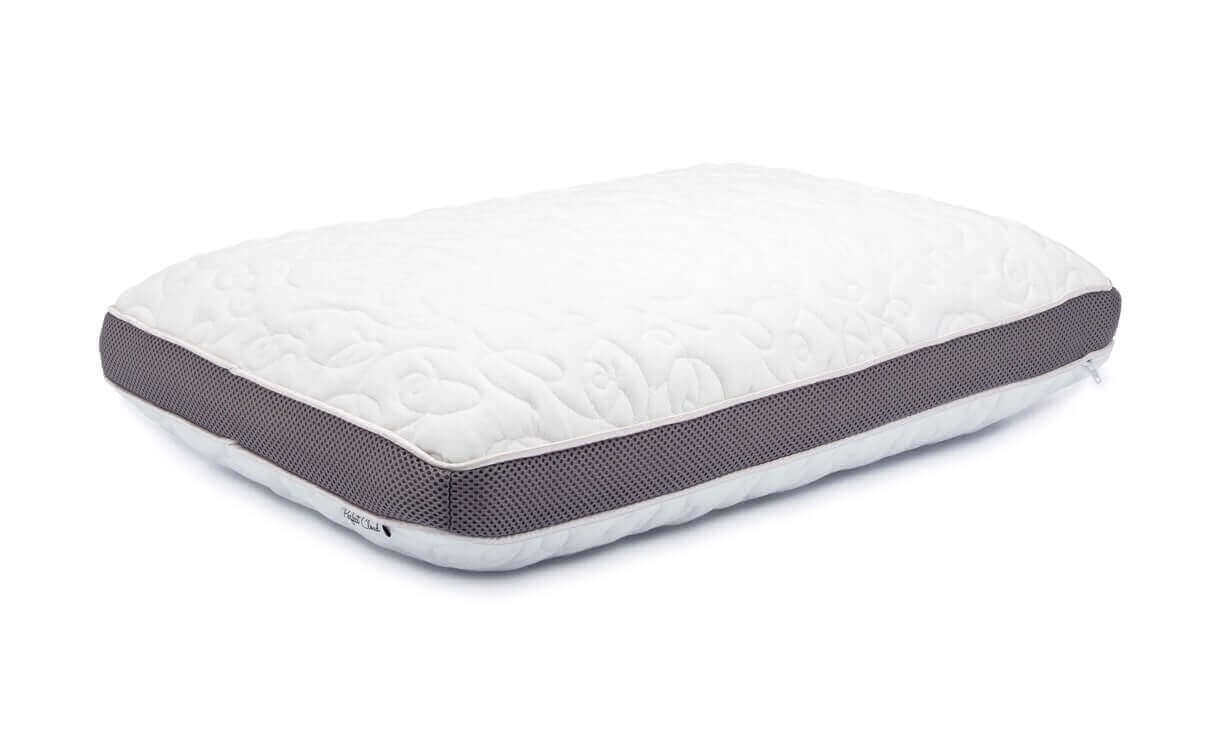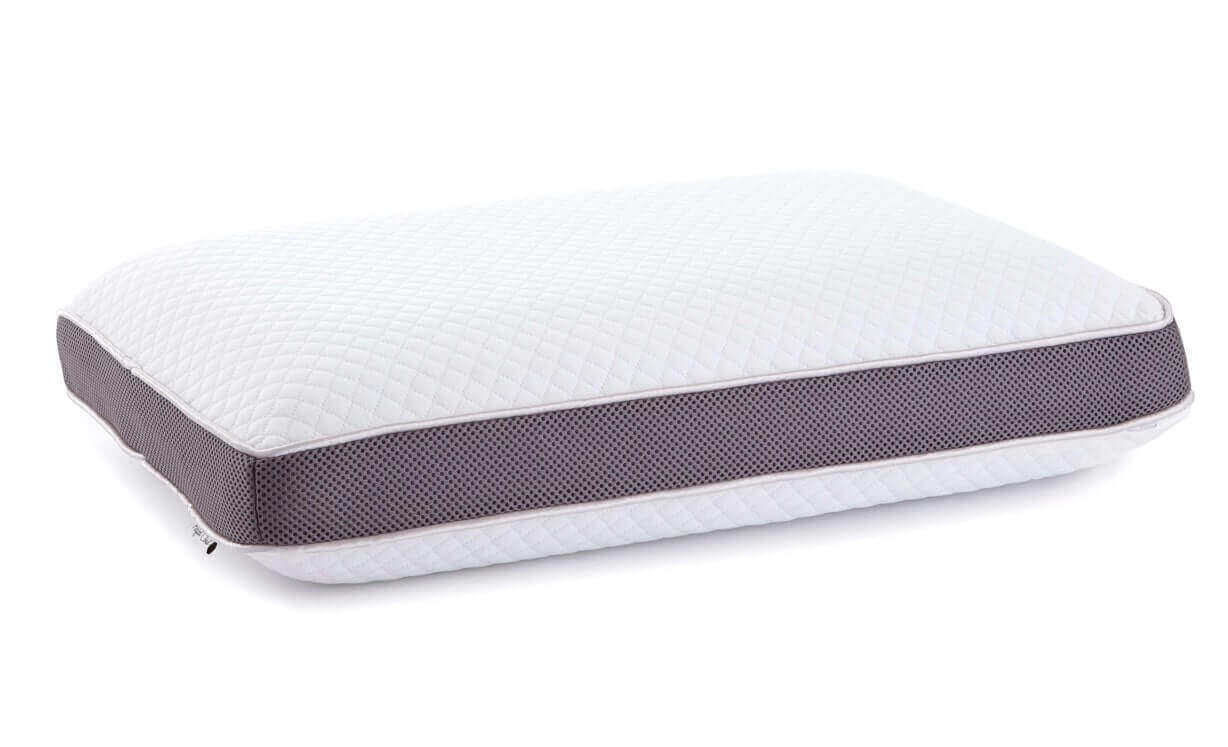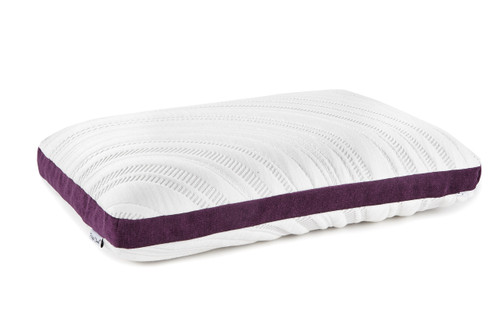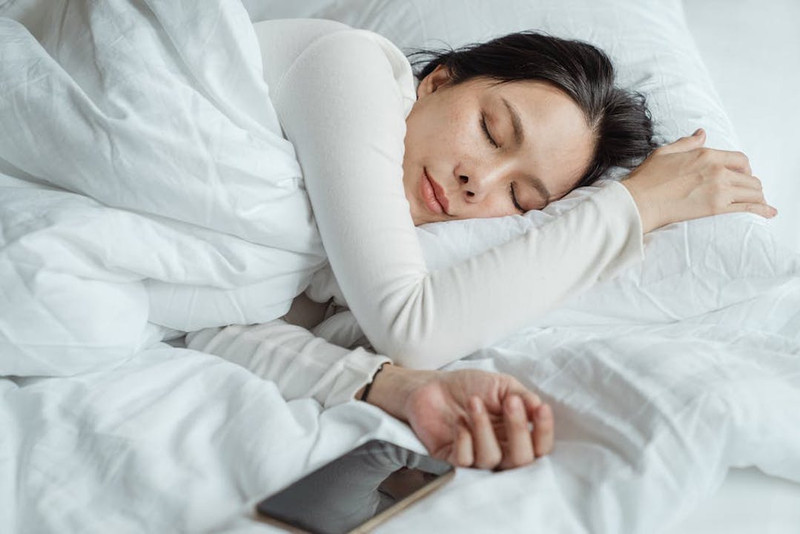Importance of body comfort for good sleep
Posted by Andi on 25th Jun 2019
Your mattress is important for a good night’s sleep, but many people underestimate just how important the comfort of your head and neck can be. Without the right support and the right conditions for your head and neck, you could end up tossing and turning all night, or worse—wake up with significant pain that keeps you from enjoying your daily life.
So why is it that head and neck comfort are so important for a good night’s sleep, and what steps can you take to improve that comfort?
The Vulnerability of the Head and Neck
First, let's examine some of the factors that make your head and neck so vulnerable to discomfort during the night:
- Sensitivity. First, your head features some important sensing organs, including your eyes, ears, and lips. Accordingly, your head tends to be more sensitive than other parts of your body like, say, your chest. Your ears are very sensitive to differences in temperature, and your entire head and face will be more sensitive to textural sensations. Accordingly, even small changes in your sleeping environment can make your entire head less comfortable.
- Spine curvature. The human spine is curved, as an evolutionary mechanism to better distribute your weight. Unfortunately, this can sometimes make it more difficult to sleep. If you try to lie down flat, the curvature of your spine can put extra stress on your head and neck, resulting in discomfort as you’re trying to sleep and possibly additional pain when you wake up. This is one reason why pillows are so important; they allow your spine to curve naturally, resulting in far more comfort and support.
- Positional differences. Your head and neck are extremities that bear the brunt of positional changes during the night. Sleeping on your back is the most comfortable for most people, because if you sleep on your stomach, you’ll either press your face into the pillow or mattress or be forced to twist your head to the side. Sleeping on your side can also cause additional discomfort. This is problematic for sleepers who tend to change positions during the night, since it can result in extra distress (and soreness when you wake up).
Factors for Better Head and Neck Comfort
Obviously, the best thing you can do to improve your head and neck comfort is to invest in a high-quality pillow, like the dual-option cooling gel pillow offered by Perfect Cloud Mattress. It’s made of memory foam for physical support, and features built-in gel pockets for a temperature-neutral sleeping experience.
However, different people have different needs, and there are many factors you’ll need to keep in mind for a comfortable sleeping experience for your head and neck:
- Position. Even if you have a highly supportive pillow, you may still encounter sleeping difficulties if you choose the wrong position, or if your position changes during the night. For example, if you sleep on your stomach, you may be putting unnecessary strain on your head and neck, which can prevent you from getting a good night’s sleep. Unfortunately, every sleeping position has advantages and disadvantages, and if you’re the type to change positions throughout the night, you may experience head and neck problems no matter what.
- Support. You'll also need a pillow that offers a sufficient level of support. Most low-quality pillows use stuffing for a blend of support and softness, but they tend to go flat over time, ultimately reducing their supportive capacity. More modern, high-quality pillows are made of memory foam or similar materials, which provide a firm, ergonomically shaped mode of support that still offers some give—yet will remain sturdy and capable for much longer.
- Temperature. Don't forget about temperature. Most people sleep much better in cool conditions, and have difficulty when the room is too hot. Your face and ears are especially sensitive to heat increases, and with a bad pillow, you might notice your head getting hotter, faster than usual. Better-quality pillows can counter this with better airflow or built-in mechanics, like temperature-neutral gel.
- Texture. Your face is extra sensitive to textures, as well. If you use pillow cases or sheets that are coarse, or otherwise unpleasant to you, you aren’t going to be able to sleep. There are many different materials you can use to case your pillow, and everyone is going to have different preferences. To improve this variable, it’s important to experiment with different materials and see which feels best to you.
- Hygiene. Finally, you’ll need to think about hygiene. Your face produces various oils and fluids throughout the night, and over time, every pillow will get dirty. Sleeping on an old pillow or a dirty pillowcase can make you less comfortable, and reduce the quality of your sleep.
When Your Pillow Isn't Enough
You probably already have a pillow, so how can you tell if it needs to be replaced?
For starters, you can make adjustments to your environment, like decreasing the temperature on hot summer days or reducing the noise disturbances from outside. After that, you can work on your sleeping posture, and some of your daily habits (like reducing your caffeine consumption). If those steps aren’t enough to help you fall asleep and stay asleep, it’s time to look at your pillow.
If your pillow is more than a year old, you’ll almost certainly need to replace it; pillows don’t last forever, and the longer you have it, the flatter and less supportive it’s going to be. If your pillow is cheap, made of inferior materials, or if it doesn’t provide for a temperature-neutral experience, it may also be problematic.
The solution is to buy a new pillow with all the tech you need to have a comfortable head and neck experience while sleeping. Try out our latest cooling gel pillow, or browse our entire selection of pillows for more information on how we can help you get the sleep you deserve.











